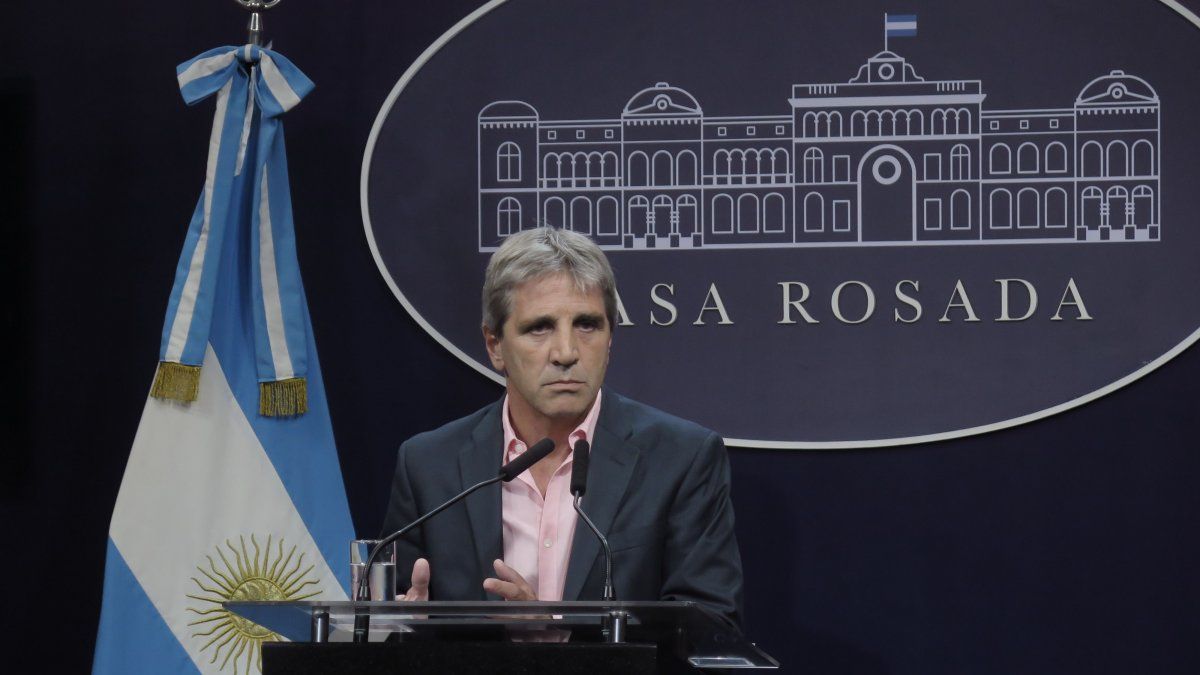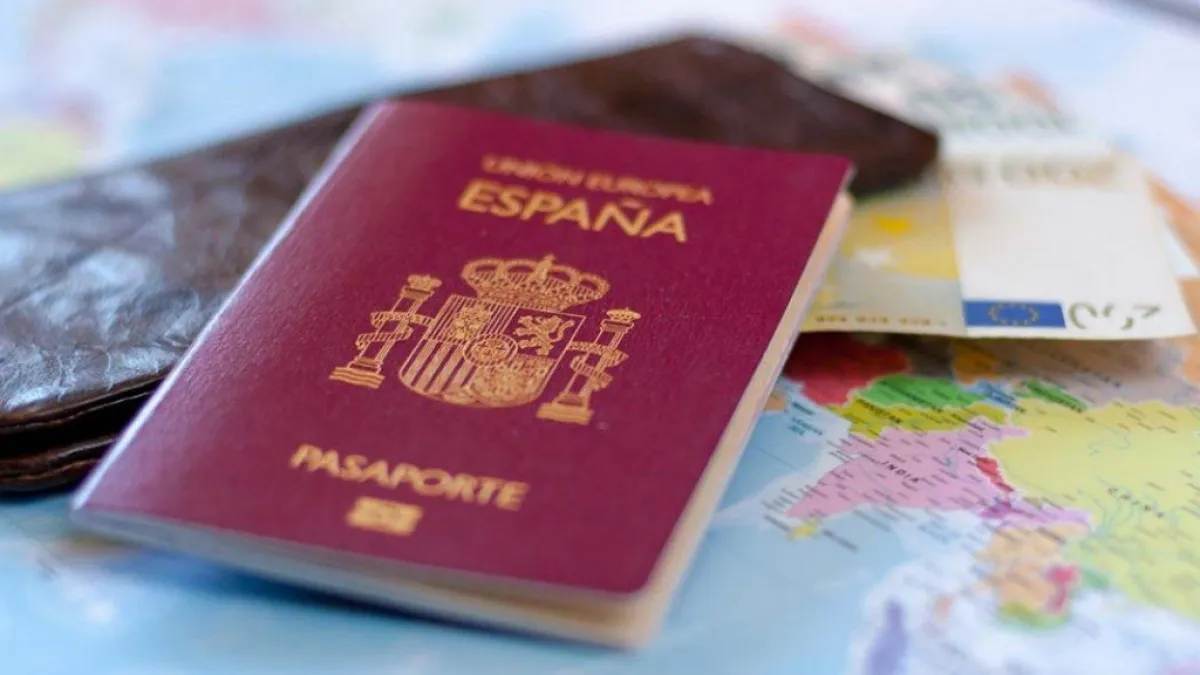As sweet as chocolate is, child labor and the destruction of forests caused by cocoa are bitter. Can new German rules have a beneficial effect here? In Africa, ministers gain surprising insights.
A light cocoa scent pervades the plantation. Feet rustle as you walk through a thick layer of leaves. Including the bone-dry, hard soil of the Ivory Coast (Côte d’Ivoire) in West Africa. Here, farmer Sougue Moussa produces sacks of cocoa beans for the world’s chocolate companies.
Two thirds of the cocoa in Germany alone comes from the Ivory Coast. Again and again, reports of child labor and deforestation on Africa’s cocoa plantations startle consumers. Now the German supply chain law should help against abuses – is it an effective set of rules or a toothless paper tiger?
Almost two months after the law came into force, Labor Minister Hubertus Heil and Development Minister Svenja Schulze (both SPD) are getting an idea of the Ivory Coast and Ghana. Are German laws on the screen at all? Both countries supply 65 percent of the world’s cocoa – but many people live in “abject poverty,” as Heil says.
The main reason: “The price on the market is far too low,” explains the German development expert Friedel Hütz-Adams from Bonn’s Südwind Institute. In recent years, the price of cocoa has roughly halved. At the same time, the costs for petrol and fertilizers in West Africa also rose sharply in some cases. In Ghana alone, according to a new Oxfam study, incomes fell by more than 16 percent between the 2019/20 and 2021/22 harvest seasons – despite price increases imposed by the government.
Child labor everywhere
According to official figures, around 800,000 children each do heavy work on the cocoa plantations in Ivory Coast and Ghana. Because their parents cannot afford employees for the hard work. The children toil with the machete, spray pesticides or carry heavy loads.
Sougue Moussa does not bring his four children to work in the fields, as the 50-year-old says. Between his cocoa trees, banana, orange, mango and rubber trees stretch towards the glaring sun. This gives Moussa additional income and protects the cocoa trees, which like partial shade. Moussa’s eldest son is even studying. Should the son take over the plantation one day? “As long as the prices aren’t better, that’s out of the question,” says Moussa. The son definitely wanted to do something different and probably become a doctor.
Governments do not hide the problems on the ground. “Farmers often don’t earn enough,” says Ghana’s Trade Minister Samuel Abu Jinapor. Although the Ivory Coast and Ghana regularly wrestle with the big international traders for reasonable prices – the power of the governments against the corporations is limited. Many families do not reach the subsistence level of around 400 euros a month.
80 percent of the rainforest destroyed
The authorities also do not talk about the destruction of the forest. Colonel Moumouni Lougué of the Ivory Coast Forest Service says: “Our forest has been destroyed more and more.” Since independence in 1960, around 80 percent of the rainforest has been cleared. 2.5 million hectares are left. “The goal is to increase the forested area to 20 percent again through reforestation,” says Lougué.
Cocoa must not be produced at the expense of the natural forest for a long time. And child labor has long been banned in these countries. But it still occurs. What are the new laws from Europe supposed to bring? The German supply chain law obliges companies with at least 3,000 employees to ensure that their products do not involve child labor or serious environmental violations. In 2024, the threshold will drop to 1,000 employees. The companies should create reports and eliminate abuses. An even stricter supply chain law is currently being drafted at EU level. In addition, there is a planned EU regulation that will probably ban imports from newly deforested areas from 2024.
But how is all this supposed to be controlled – for example in Agboville, more than 6,000 kilometers from Germany, in the Ivorian forest? The government of the Ivory Coast relies on digitization, as Schulze and Heil discovered, not without amazement.
Digitization helps
The farmer Sougue Moussa already has a corresponding plastic card. He proudly holds them up in the muggy air. It looks like an EC card, has a chip, data and a QR code. “By the end of the 2023/24 harvest season, we want to equip all producers with a card,” promises Dadie Arsène from the cocoa control authority. “We then know exactly which cocoa sacks come from which plot.” It should then be possible to check whether the requirements in the supply chain are being met. Farmers should also be able to be paid via the card.
The Bonn expert Hütz-Adams sees a reason for hope in the supply chain law and the planned EU rules. “In the cocoa sector, the laws will have a significant impact,” he says. “It creates a lot of pressure within the cocoa and chocolate industry.” A development worker in Agboville says: “Companies have to fear that they will lose out to the competition if they don’t take it seriously.”
Heil concedes: “The law is not a magic formula for establishing human rights throughout the world.” Prices should stay low for now. Hütz-Adams sees the chocolate manufacturers as having a duty here. Because with an average bar of whole milk chocolate, for example, consumers only pay 8 cents of the price for the cocoa. “And only 4.5 cents reach the farmers.”
The expert says that profit margins in the cocoa market have increased massively recently. According to a study by agricultural economists at the University of Arkansas, farmers could spare their children from severe forms of child labor if the price of cocoa were 2.8 percent higher.
Source: Stern




